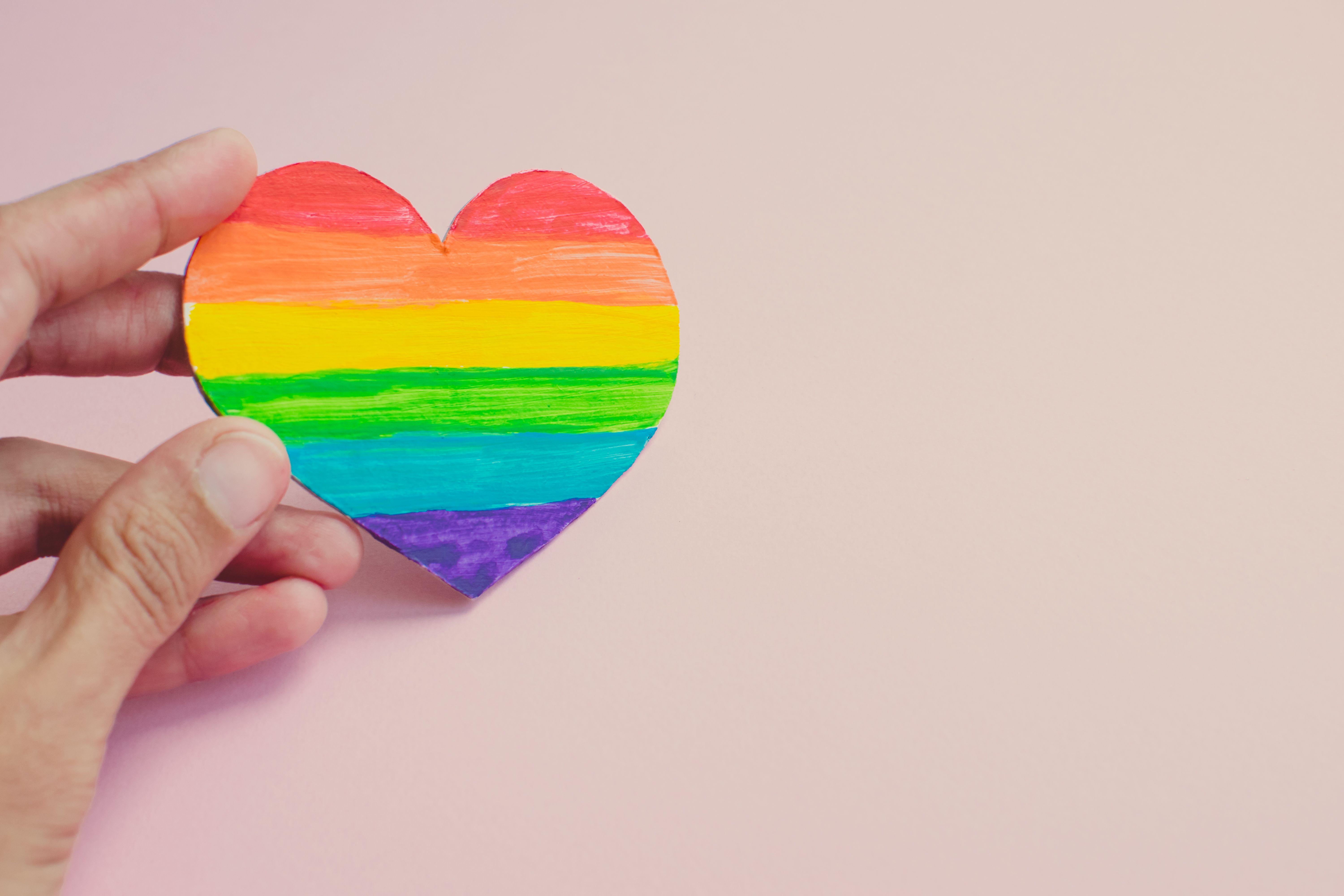The 'Othering' of Minorities
Modern society increasingly 'others' minority groups, like the transgender community—just 1% of the population—subjecting them to disproportionate scrutiny and discrimination despite their minimal impact on the majority.

In contemporary society, there's a troubling trend of "othering"—marginalising and vilifying minority groups who pose minimal threat to the broader population. A glaring example is the transgender community, which comprises approximately 1% of the population in Western countries. Despite their small numbers, trans individuals often face disproportionate scrutiny and discrimination.
Conversely, another 1%—the wealthiest individuals, particularly billionaires—wield an outsized influence on society and the economy. In the United States, the top 1% of earners hold a significant portion of the nation’s wealth. As of the first quarter of 2024, the top 10% owned almost two-thirds of the total wealth, while the bottom 50% held only 2.5% (Statista). This stark disparity raises questions about societal priorities and the focus of public discourse.
The Disproportionate Focus on Marginalised Groups
Transgender individuals, along with other marginalised communities such as LGBTQ+ people, Indigenous populations, the homeless and those with disabilities, often become scapegoats for societal anxieties. Media narratives and political rhetoric can amplify fears, portraying these groups as threats to social norms or public safety. This diversion of attention serves to distract from systemic issues that have a more profound impact on society.
The Influence of the Wealthy Elite
While marginalised groups are subjected to intense scrutiny, the ultra-wealthy often operate with minimal accountability. Billionaires like Elon Musk, Jeff Bezos and Mark Zuckerberg have seen their fortunes grow exponentially. Projections suggest that the number of individuals with over $5 million in wealth will pass down $31 trillion over the next decade (Wired). Despite their immense wealth, these individuals and their corporations often benefit from tax structures that allow them to pay minimal taxes, exacerbating economic inequality.
The Role of Media and Political Narratives
Media outlets and political leaders play a significant role in shaping public perception. By focusing on the supposed threats posed by marginalised groups, they divert attention from systemic issues like wealth inequality, inadequate healthcare and underfunded education systems. This strategy not only stigmatises vulnerable populations but also prevents meaningful discussions about policies that could address the root causes of societal challenges.
A Call for Compassion and Equity
True adherence to humanitarian and, for many, religious principles involves showing compassion, kindness, and empathy towards all individuals, especially the marginalised. Historical teachings emphasise the importance of loving one’s neighbour, aiding the poor and welcoming the stranger. Embracing these values requires shifting focus from vilifying minorities to holding powerful entities accountable and advocating for equitable policies that benefit the broader society.
While society fixates on the perceived threats of marginalised groups, the systemic issues perpetuated by the ultra-wealthy remain insufficiently addressed. Recognising and challenging this misdirection is crucial for fostering a more just and compassionate society.
Sources:
- Wealth distribution U.S. 2024 - Statista
- People With Extreme Wealth Should Give It Away—or Be Penalized

